Cats are notorious for their love of sleep, often snoozing away for most of the day.
As you continue reading, we'll talk about cats' sleeping habits and explore how various factors, including their sleep cycles, predatory instincts, and overall well-being, contribute to their unique snoozing routines.
How Much Do Cats Sleep?
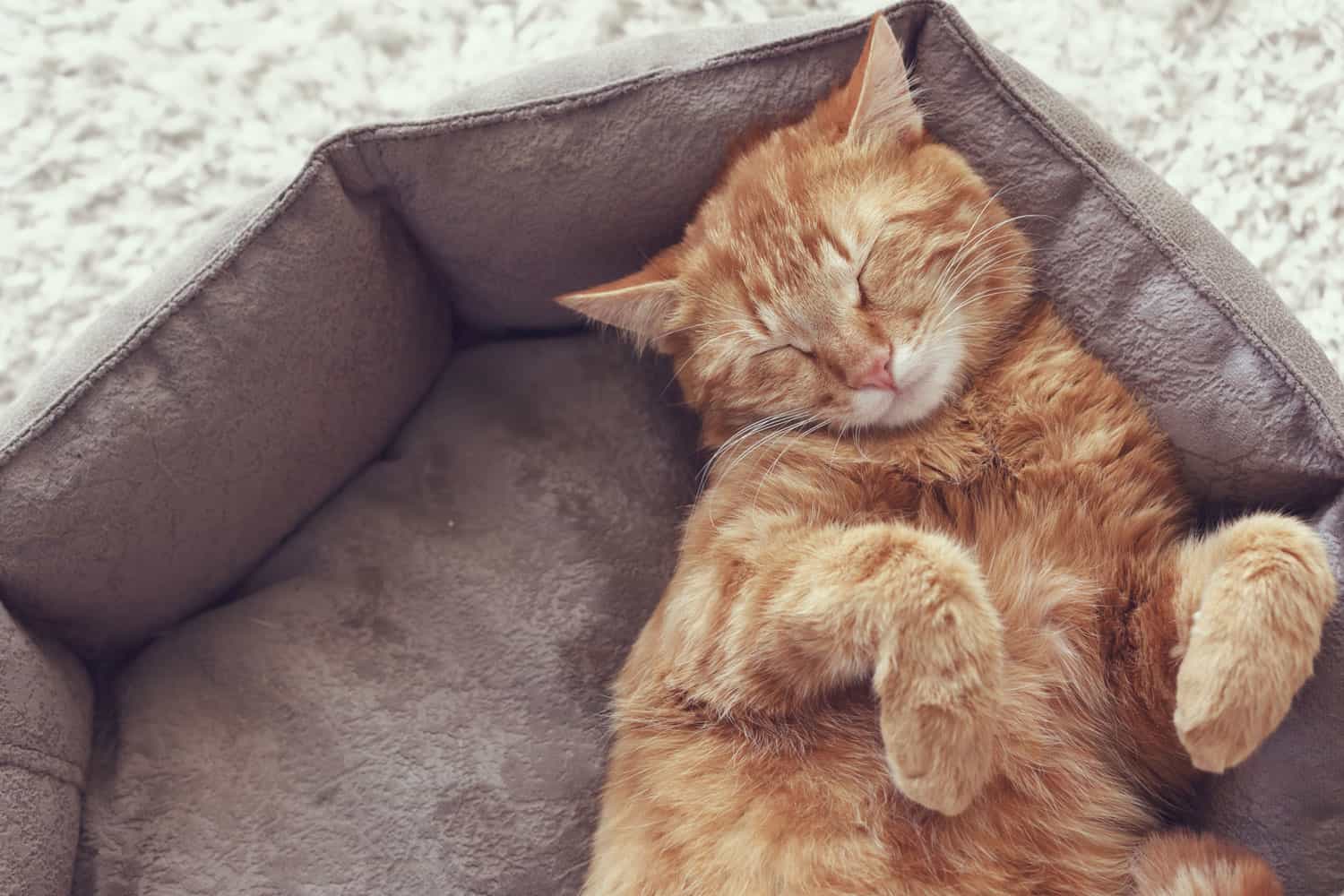
Cats sleep for around 12-16 hours a day, while some cats sleep for up to 20 hours daily. This amount of sleep is much more than humans need, who generally need around 8 hours of sleep per day.
Understanding Cats' Sleep Cycles
Cats have a unique sleep cycle that is different from humans. They go through several sleep phases, including light sleep, deep sleep, and REM (rapid eye movement) sleep.
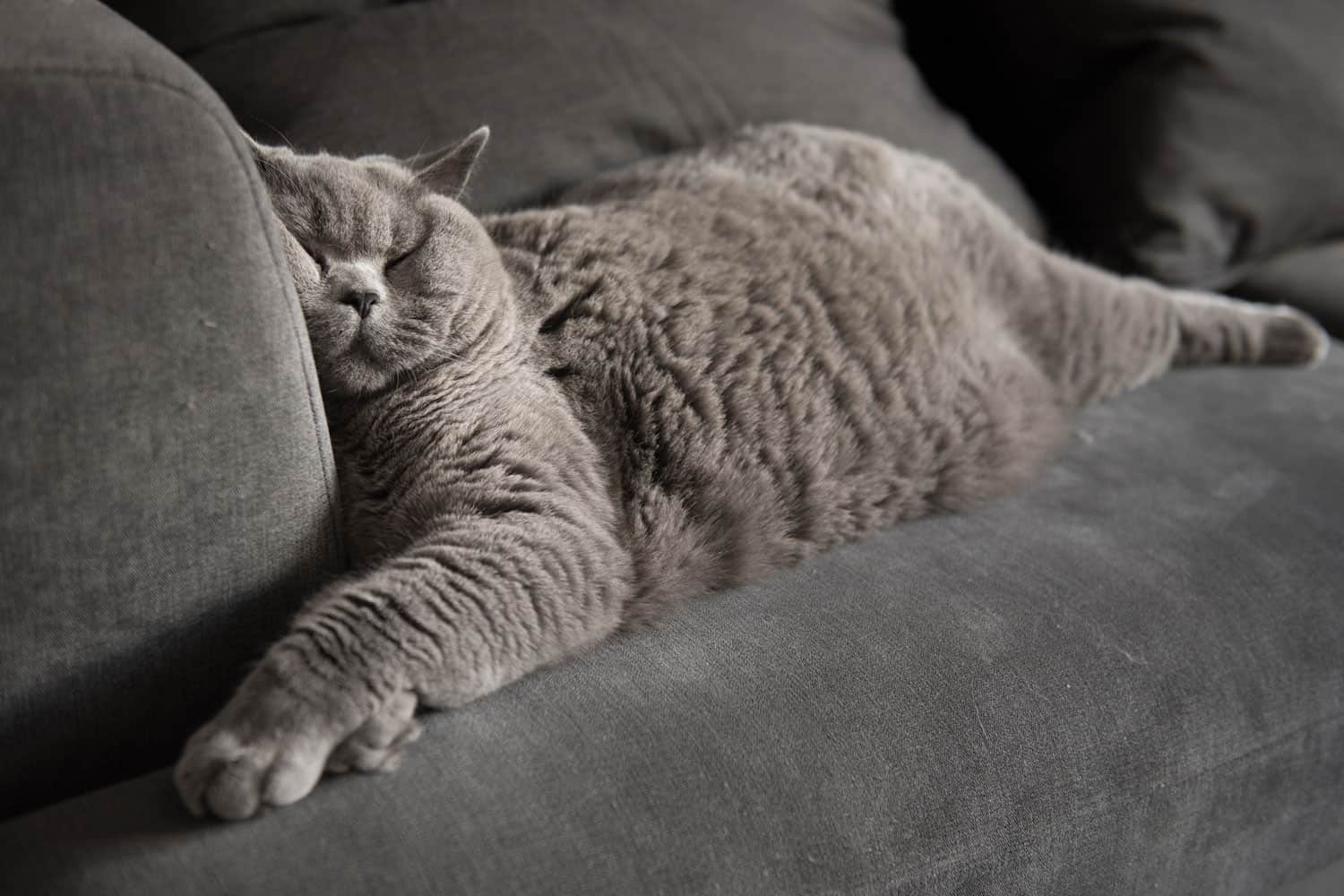
During light sleep, cats are still alert and can quickly wake up if needed. They are completely relaxed during deep sleep, while REM sleep is the stage where cats dream.
Cats can also doze off for short periods of time throughout the day, known as catnaps. These catnaps help them recharge their energy levels and stay alert.
The Role of Predatory Instincts
Cats are natural predators, and their predatory instincts play a significant role in their sleeping habits.
In the wild, cats hunt for their food and spend a lot of energy in the process. Therefore, they need to conserve energy by sleeping for long periods to be ready for their next hunt.
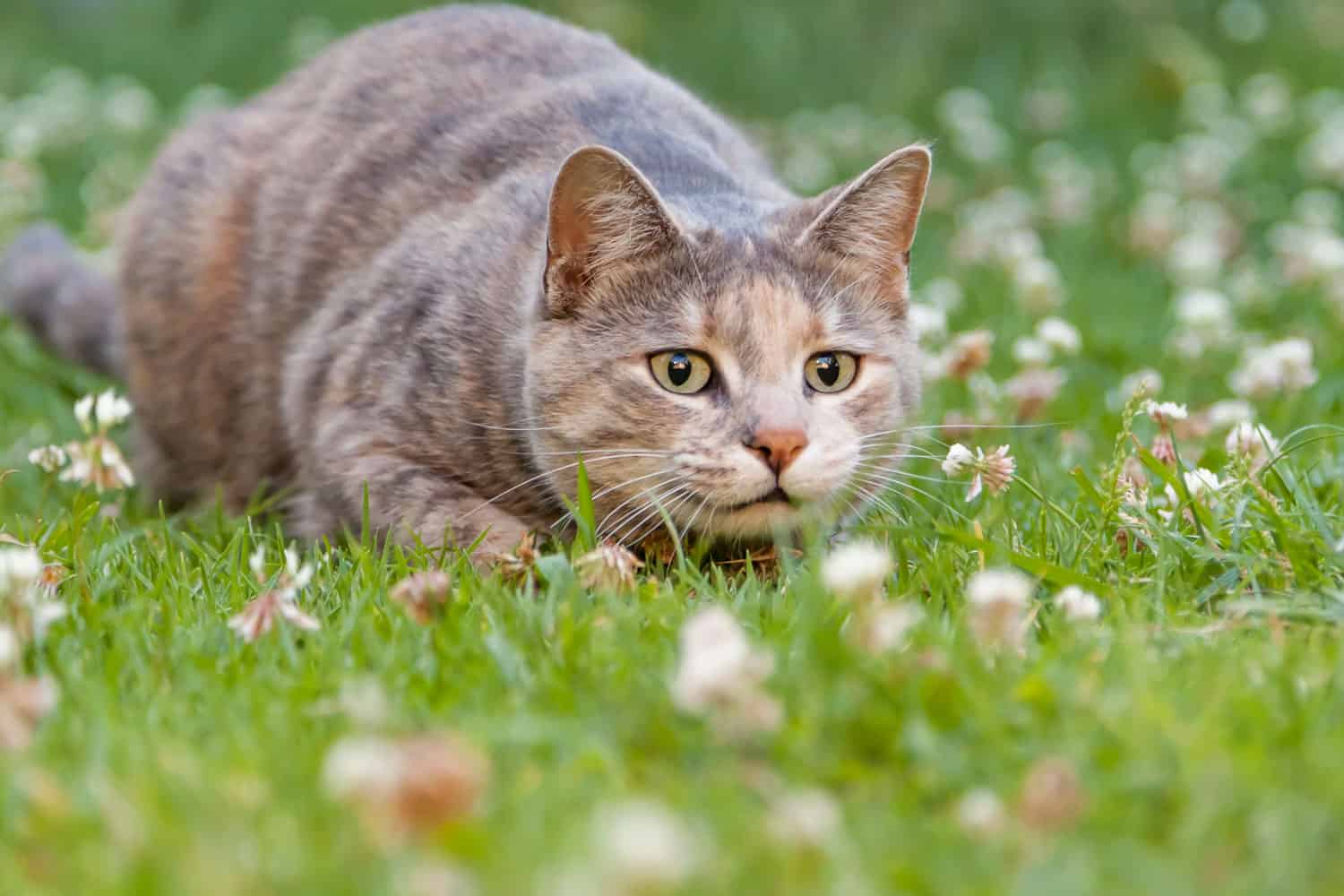
Domesticated cats still have the same predatory instincts as their wild counterparts, even though they do not need to hunt for their food.
They still have the urge to hunt, and this instinct can be seen in their play behavior. Playing with toys or chasing after strings mimics the hunting behavior of cats in the wild.
When cats are awake, they are alert and ready to pounce on their prey. However, when they are sleeping, they are vulnerable to attack and cannot defend themselves.
Therefore, cats sleep in short bursts, taking naps throughout the day to ensure that they are always ready to protect themselves and hunt if necessary.
Another reason why cats sleep so much is that they are crepuscular animals, meaning that they are most active during dawn and dusk.
During the day and at night, cats tend to sleep more to conserve energy for their active periods. This is why you may find your cat sleeping during the day and then becoming active during the early morning or late evening.
The Impact of Age on Cats' Sleep
As cats age, their sleep patterns change. Kittens and young cats tend to sleep more than adult cats, with some kittens sleeping up to 20 hours a day. This is because they need more rest to support their growth and development.
As cats reach adulthood, their sleep needs decrease to around 12-16 hours a day.

However, as cats enter their senior years, their sleep patterns change again. Older cats may sleep more than 16 hours a day, and they may have more trouble sleeping through the night.
This is because older cats may experience age-related changes that affect their sleep quality and duration.
One common age-related change that can impact cats' sleep is arthritis. Arthritis is a painful condition that affects the joints, making it difficult for cats to find a comfortable sleeping position.
Older cats with arthritis may spend more time shifting positions and may wake up more frequently during the night.
Another age-related change that can affect cats' sleep is cognitive dysfunction syndrome (CDS).
CDS is a condition similar to Alzheimer's disease in humans and can cause confusion, disorientation, and changes in sleep patterns. Cats with CDS may sleep more during the day and have trouble sleeping through the night.
To help older cats get the rest they need, provide them with a comfortable sleeping environment. This may include a soft bed or cushion to support their joints and help them find a comfortable position.
It's also important to provide a quiet, dark sleeping area free from interruptions.
Health Conditions Affecting Cats' Sleep
Cats are known for their sleeping habits, but sometimes, a cat's sleeping patterns can be affected by underlying health conditions.
Obesity and Sleep
Obesity is a common health condition among cats, and it can affect their sleep in several ways. Firstly, cats that are overweight may have difficulty finding a comfortable sleeping position.
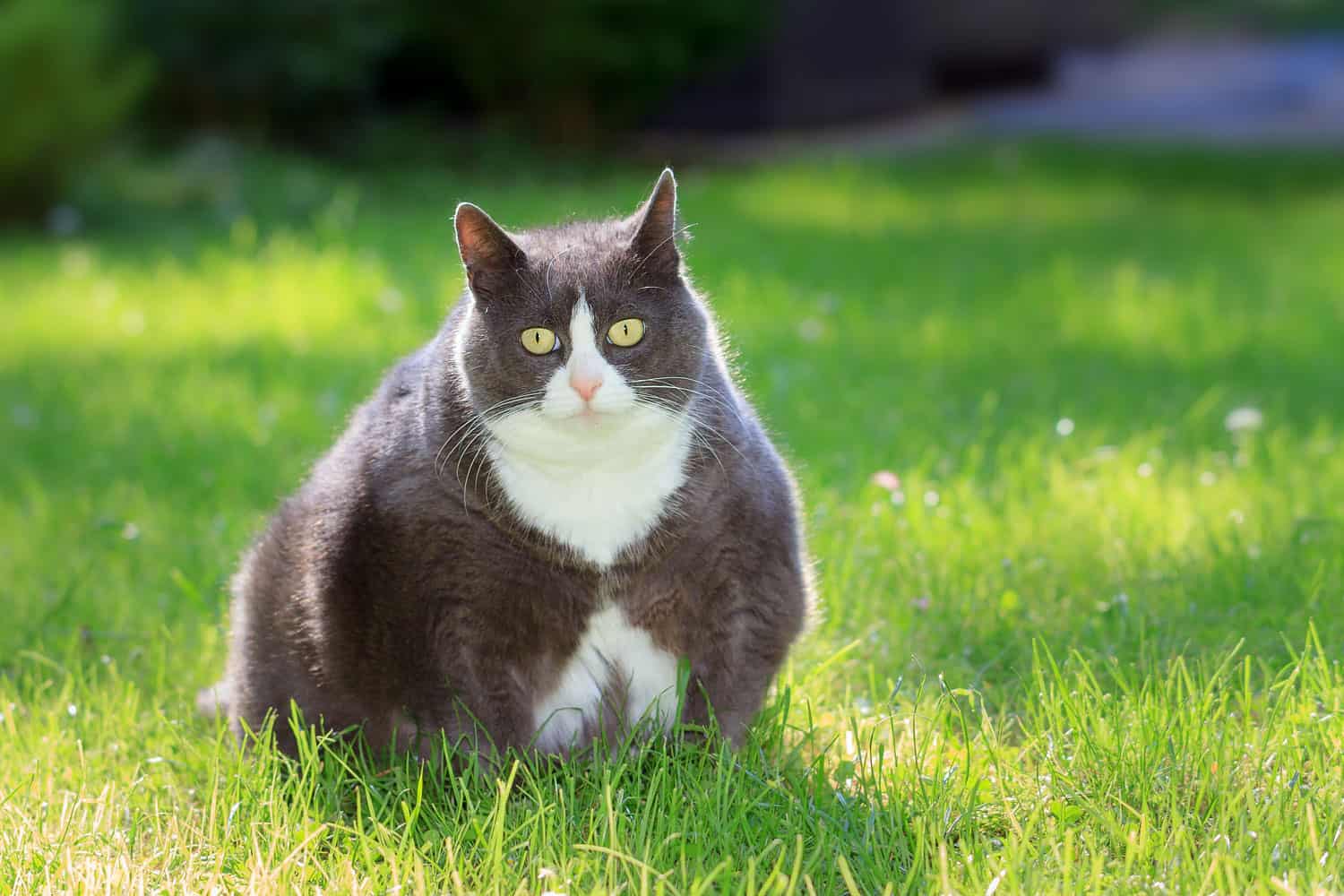
The excess weight can put pressure on their joints, making it difficult for them to lie down comfortably. This can cause them to wake up frequently during the night, disrupting their sleep.
Secondly, cats that are overweight may be more prone to sleep apnea, a condition where breathing stops and starts during sleep. This can cause them to wake up frequently during the night, leading to sleep deprivation.
Sleep apnea can also lead to other health problems, such as high blood pressure and heart disease.
However, note that sleep apnea is often associated with other health conditions in certain breeds or other respiratory disorders.
To help prevent obesity in cats, feed them a balanced diet and provide them with regular exercise. If your cat is already overweight, talk to your veterinarian about a weight loss plan.
Hyperthyroidism and Sleep
Hyperthyroidism is a condition where the thyroid gland produces too much thyroid hormone.
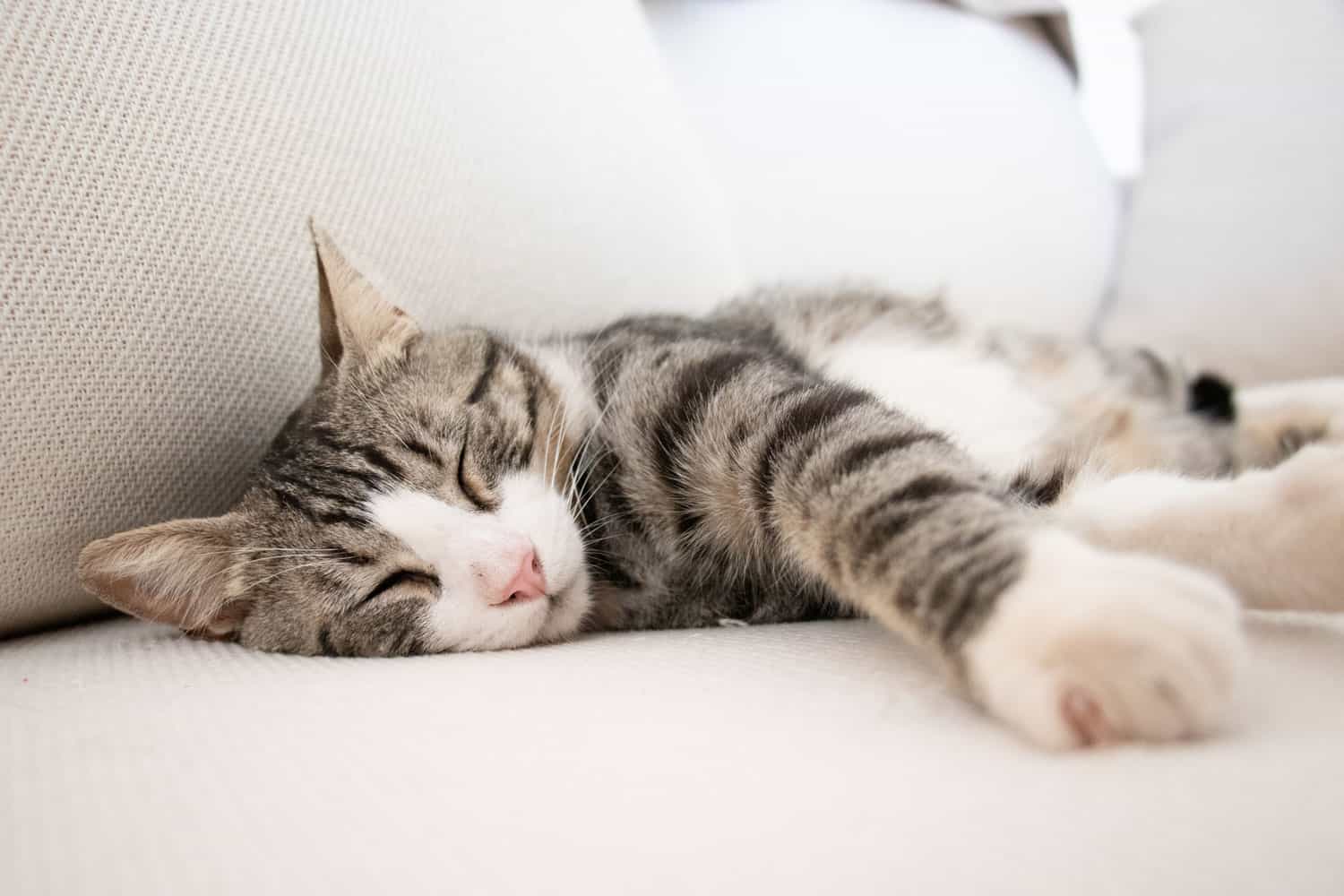
This condition is common in older cats and can cause several symptoms, including weight loss, increased appetite, and restlessness. Hyperthyroidism can also affect a cat's sleep patterns.
Cats with hyperthyroidism may have difficulty falling asleep or staying asleep. They may also have increased activity levels during the night, which can disrupt their sleep.
In severe cases, hyperthyroidism can lead to exhaustion and fatigue.
If you suspect your cat has hyperthyroidism, it is crucial to have them evaluated by a veterinarian. Treatment options may include medication, surgery, or radioactive iodine therapy.
In Closing
Cats sleep so much because it is a natural and necessary behavior for their survival.
Sleeping conserves energy, helps them recover from physical exertion, and allows them to be alert and ready to hunt prey when they are awake.
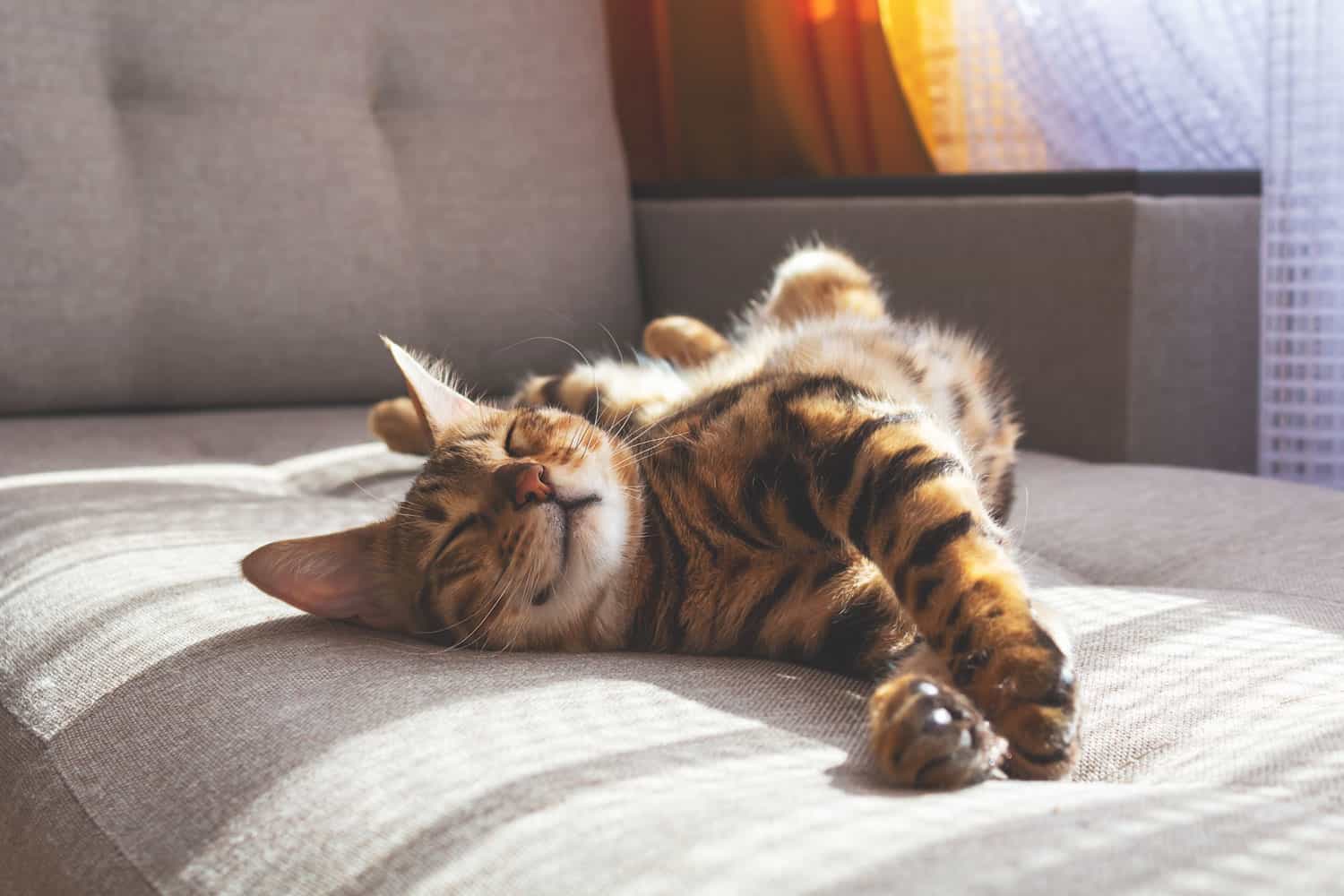
Cats are crepuscular animals, which means they are most active during dawn and dusk. Therefore, they sleep during the day to conserve energy for their active periods.
Additionally, cats are predators, and their hunting behavior requires short bursts of intense activity followed by periods of rest.
It is important to note that cats' sleep patterns may vary depending on their age, health, and environment.
For example, kittens and older cats may sleep more than adult cats, and cats living in safe and comfortable environments may sleep more soundly than those in stressful environments.
Overall, understanding why cats sleep so much can help cat owners provide their feline friends with the proper care and environment to ensure they get the rest they need to live happy and healthy lives.
On the topic of sleep, you might also like:
Does Catnip Make Cats Sleepy? – The Answer
The Cutest Cat Ever Only Sleeps On Its Back
Some elements on this page may have been created by our team using advanced AI to provide you with top-notch cat inspired ideas. Read more about our AI Content Policy.
